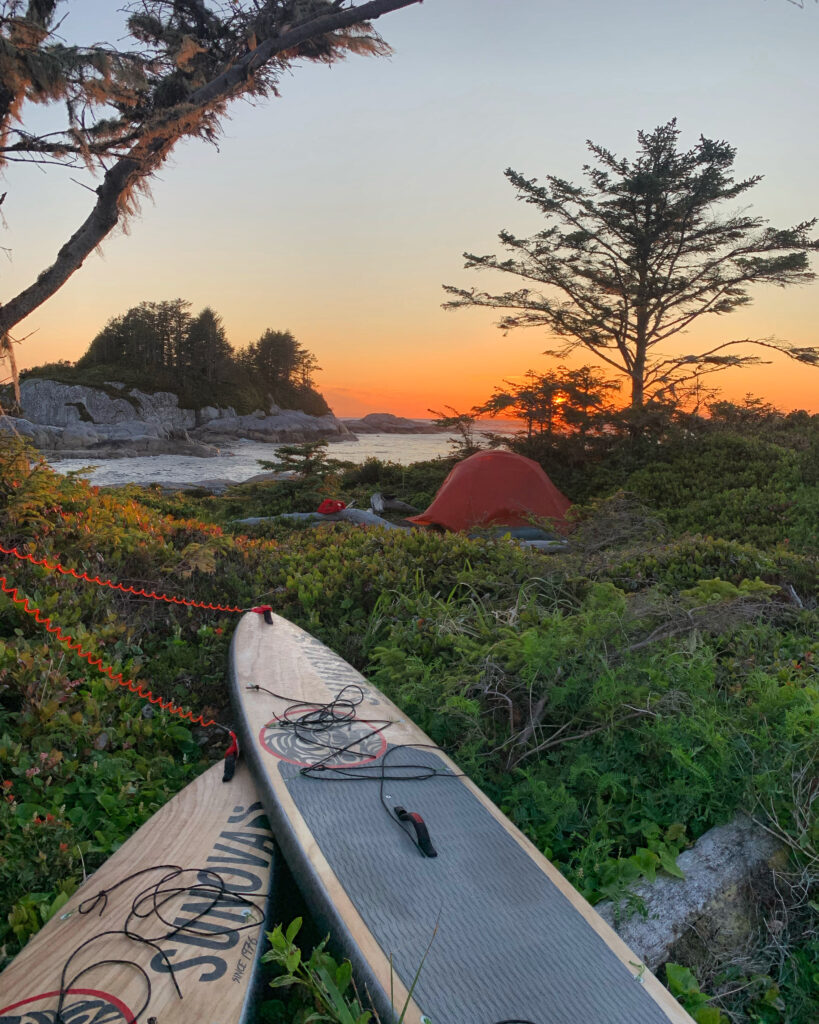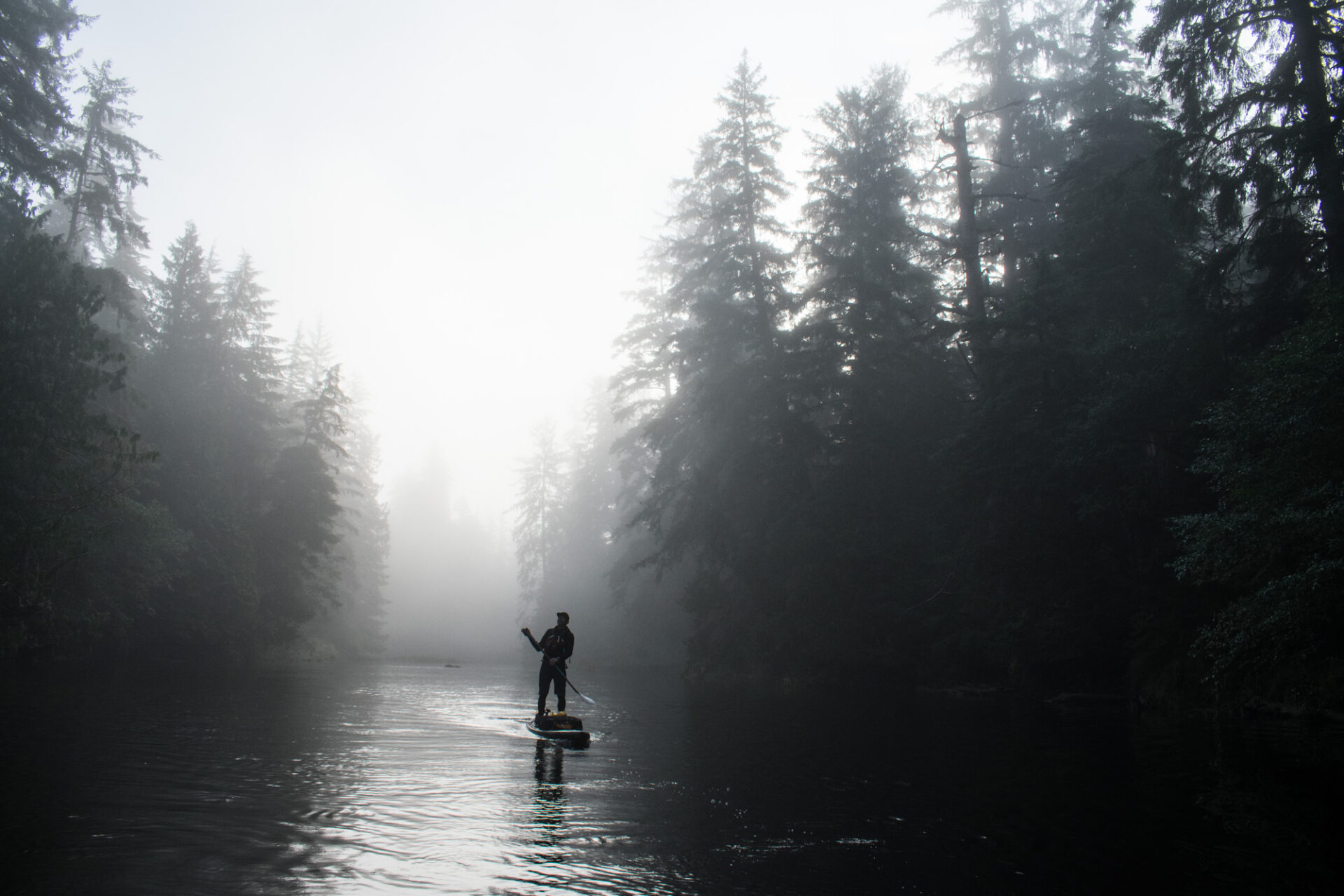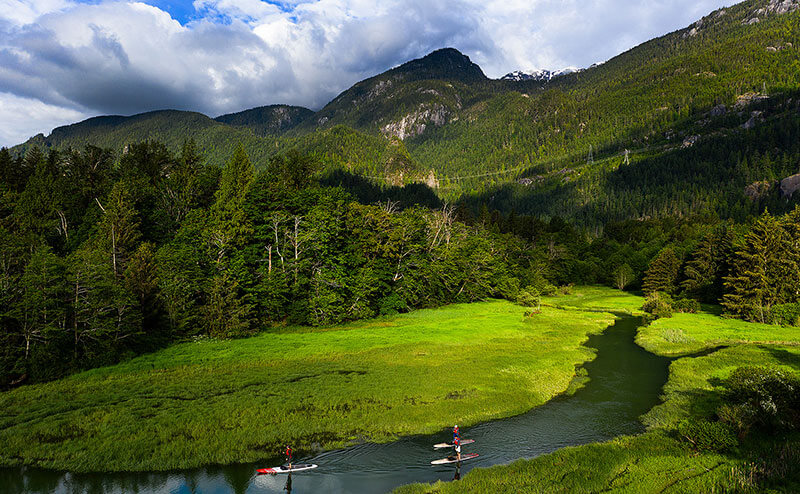Explore your Coastline. Those words are central to every experience we offer through Norm Hann Expeditions. But Is there really anything left to explore in an age where everywhere, and everything about everywhere, is virtually at our fingertips? When everything has been mapped, charted, photographed, measured, peopled and documented already, what does it really mean to explore?
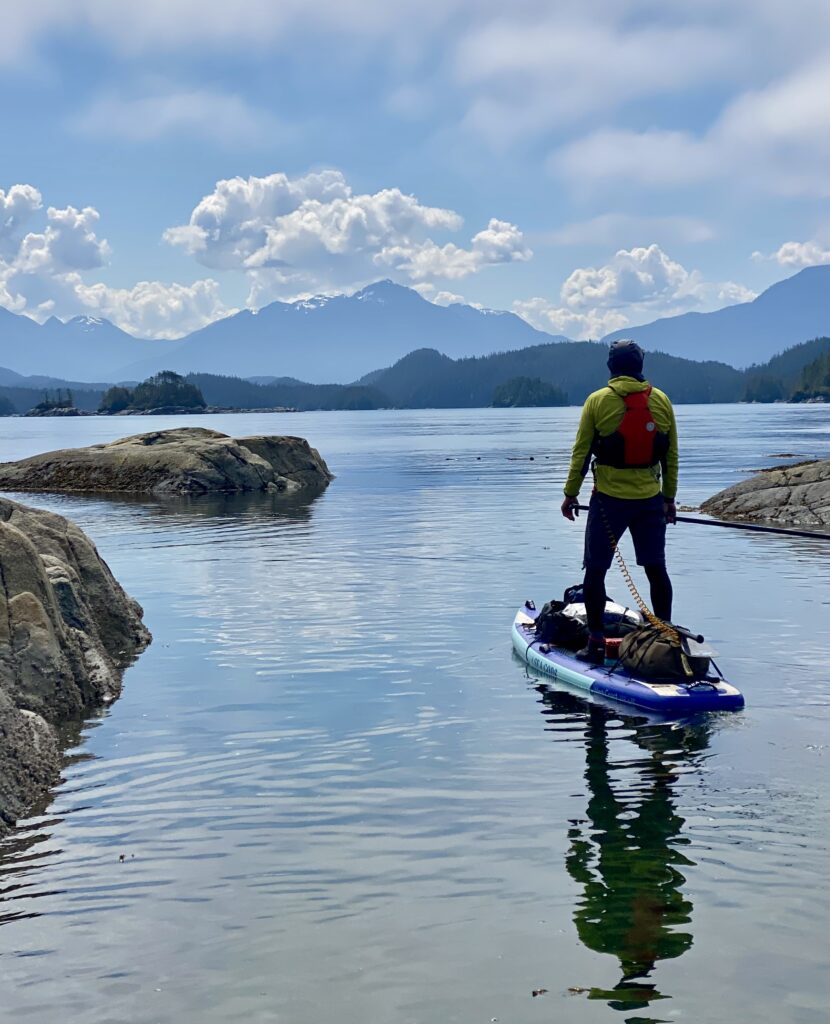
Well, as it turns out the meaning of “exploration” includes key personal context. According to Oxford Languages, to explore is to travel in or through an unfamiliar country or area in order to learn about or familiarize oneself with it. Now, learning and familiarization are most certainly worthy goals. But I suggest that we can go a bit deeper and say that to explore is to seek out and immerse ourselves into places that are unknown to us, so that we might enhance our personal awareness, perspective, and connection to the world around us.
Of course we use charts, maps, guidebooks, social media, even tales and stories to ignite our imagination and stoke our desire to experience new places; to pour over and dream of and plan new adventures. But when we finally set out with a mind to explore, we are seeking the unknown. We diminish our focus on a particular destination. We loosen our grip on our predetermined plans and achievements, goals and targets. To explore, we turn our focus from ourselves, from our objectives, from our next picture or post… to do what exactly?
Well the ‘what’ is to simply immerse yourself in something new and to let it take you where it will. To immerse requires creativity to both imagine and recognize opportunities for exploration that arise along the way. To fully immerse requires us to cultivate our curiosity, to slow down, observe and absorb. To let yourself be drawn in by shorelines, side channels, islets and coves. To crawl along. Get in close. To immerse fully also requires us to pause and find yourself within the landscape, the scenery, the bigger perspective. Either way, the magic of exploration is found in the pauses and stillness where we can feel our connection to the world around us.
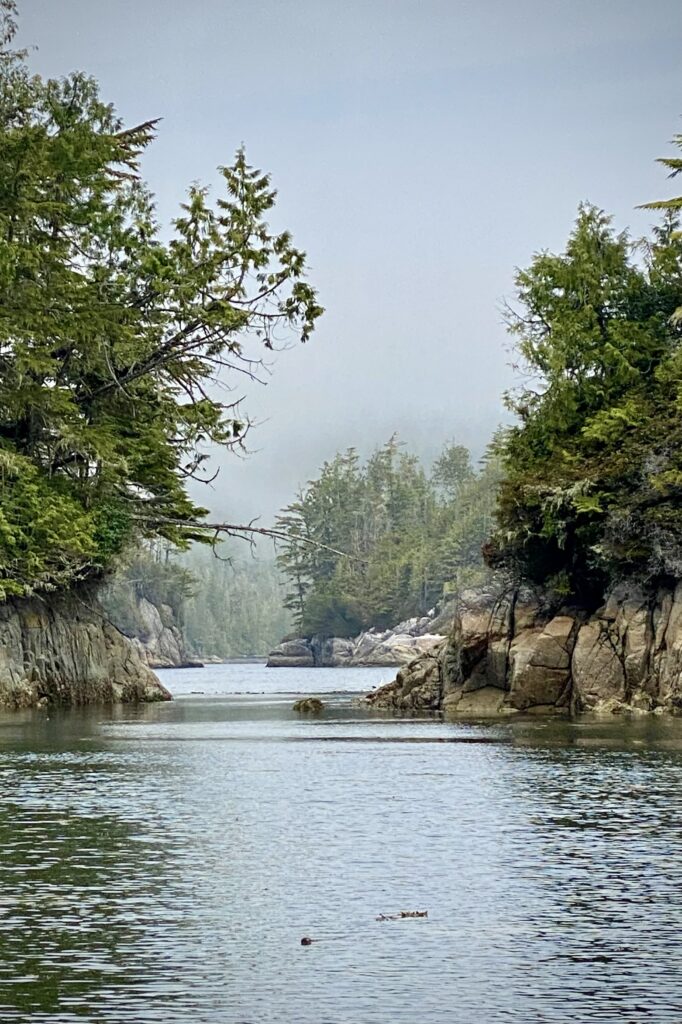
Most of the places I have guided in, I have been to multiple times. And yet after some four decades of guiding I can say that I have never run exactly the same trip twice. A big part of that is being aware and willing to work with what you are given out there. Winds, sea state, poor weather, or other restrictions and limitations can lay waste to your most hopeful trip plans. But that doesn’t usually mean that you can’t still explore. In fact, the last two trips I spent 5 out of 10 paddling days exploring routes, island chains, coves and coastlines that I’d never been to before. Part of those because of poor weather, and partly due to stellar weather!
Adverse conditions may give you opportunity to explore a sheltered coastline that you always passed by before. Simply paddling the opposite direction around an island or down a coastline reveals new perspective, new scenery and new opportunities for exploration. The same place each time you go may reveal different seasons, different wildlife, different light. Stellar conditions might mean that you can finally reach that special campsite, or paddle that route that twists and winds between the outer islands. There is always something different each time. Immersion into an explorer mind set simply requires acceptance, awareness, and openness to opportunity.
So… is there anything left to explore? I’m glad to say that there sure is! Because having a mind to explore, and the act of exploration is deeply personal. Let your explorations take you where they will and let them enhance your awareness, perspective, and connection to the world in ways you can’t predict.
Don’t just paddle your coastline… explore it!
See you out there, Neil
PS: If you are interested in exploring your coastline with us check out our experiences page and sign up for a trip.
